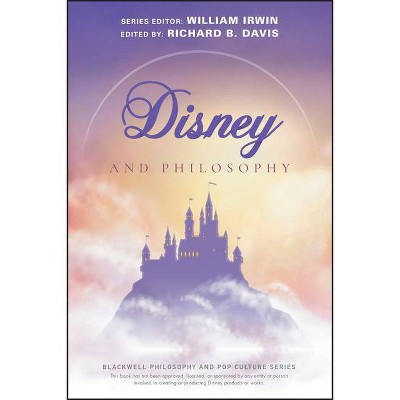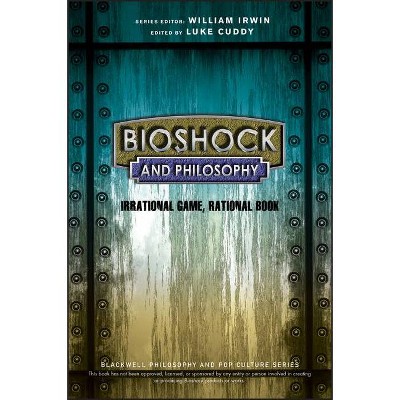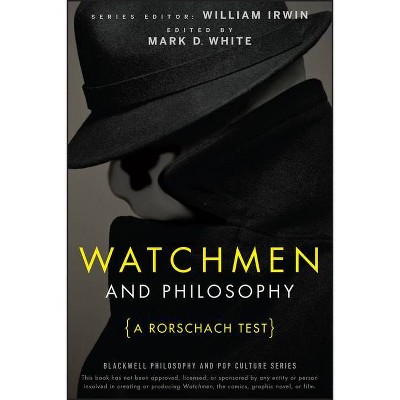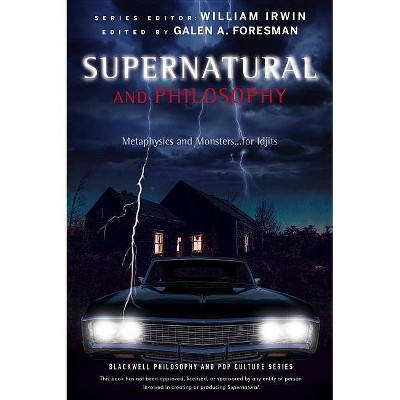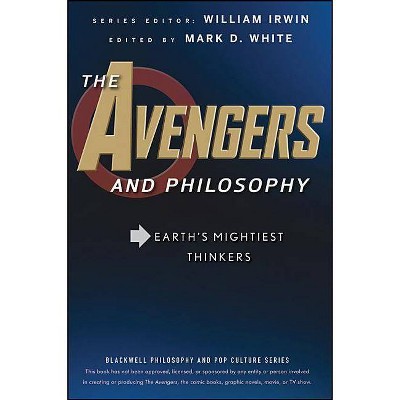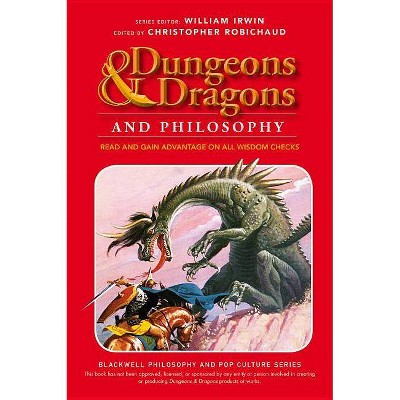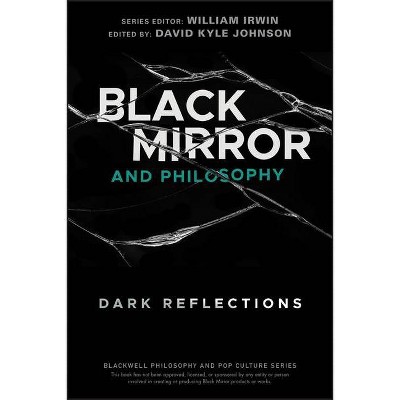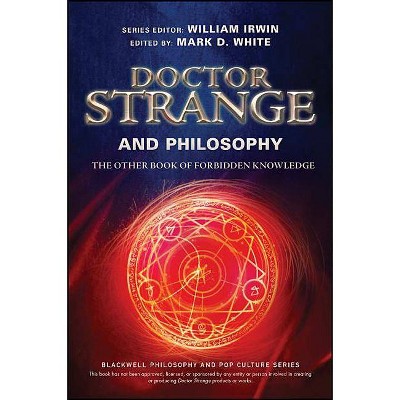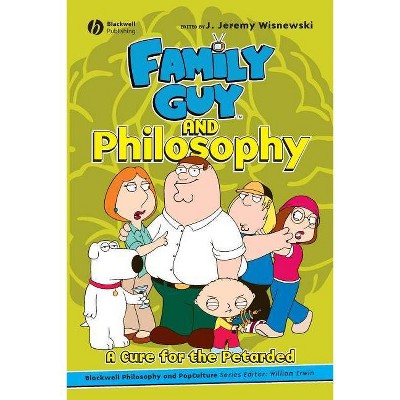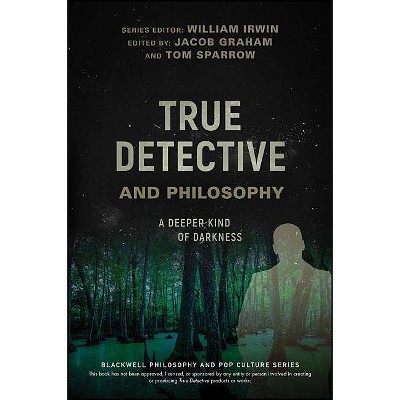Lego and Philosophy - (Blackwell Philosophy and Pop Culture) by William Irwin & Roy T Cook & Sondra Bacharach (Paperback)
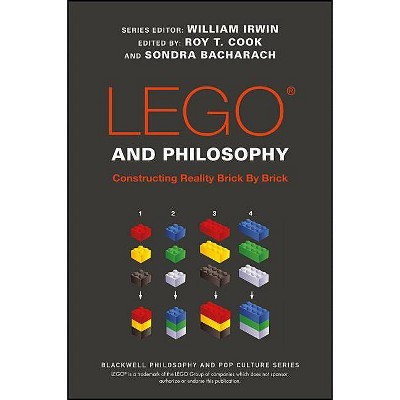
Similar Products
Products of same category from the store
AllProduct info
<p/><br></br><p><b> Book Synopsis </b></p></br></br><p>How profound is a little plastic building block? It turns out the answer is "very"! 22 chapters explore philosophy through the world of LEGO which encompasses the iconic brick itself as well as the animated televisions shows, feature films, a vibrant adult fan base with over a dozen yearly conventions, an educational robotics program, an award winning series of videogames, hundreds of books, magazines, and comics, a team-building workshop program for businesses and much, much more.<br /><br /></p> <ul> <li>Dives into the many philosophical ideas raised by LEGO bricks and the global multimedia phenomenon they have created</li> <li>Tackles metaphysical, logical, moral, and conceptual issues in a series of fascinating and stimulating essays</li> <li>Introduces key areas of philosophy through topics such as creativity and play, conformity and autonomy, consumption and culture, authenticity and identity, architecture, mathematics, intellectual property, business and environmental ethics</li> <li>Written by a global group of esteemed philosophers and LEGO fans</li> <li>A lively philosophical discussion of bricks, minifigures, and the LEGO world that will appeal to LEGO fans and armchair philosophers alike</li> </ul><p/><br></br><p><b> From the Back Cover </b></p></br></br><p> How profound is a little plastic building block? It turns out the answer is 'very'! Today, LEGO has grown from a toy building block with trans-generational appeal to a multimedia phenomenon encompassing television shows and films, corporate training programs, educational robotics programs, fan conventions, clothing and accessories, and even a named professorship at Cambridge University. Written by a group of esteemed philosophers and LEGO fans, <i>LEGO and Philosophy</i> dives headfirst into the many philosophical ideas raised by the world of LEGO, not least of which is exploring what lies at the heart of what makes LEGO so special. It is a building tool that opens up a new world of possibility for the builder. Suddenly the domain of LEGO covers not only what is in our ordinary world, but a world that ends only at the limits of our own imaginations. <p> Through twenty-two fascinating and stimulating chapters the book explores metaphysical, logical, moral, and conceptual issues. It introduces readers to key areas of philosophy through topics such as creativity and play, conformity and autonomy, consumption and culture, authenticity and identity, architecture, mathematics, business and environmental ethics. <p> Perfect for fans and armchair philosophers alike, <i>LEGO and Philosophy</i> invites the reader to come and join the intellectual play of ideas!<p/><br></br><p><b> About the Author </b></p></br></br><p><b> Roy T. Cook</b> is CLA Scholar of the College and Professor of Philosophy at the University of Minnesota, Twin Cities, and Resident Fellow at the Minnesota Center for the Philosophy of Science. He is the author of <i>Paradoxes</i> (Polity, 2013) and <i>The Yablo Paradox</i> (2014), the editor of <i>The Arché Papers on the Mathematics of Abstraction</i> (2007), and co-editor of <i>The Art of Comics: A Philosophical Approach</i> (Wiley Blackwell, 2012) and <i>The Routledge Companion to Comics</i> (2016). No matter how much LEGO he buys, he never seems to have enough headlight bricks. <p><b> Sondra Bacharach</b> is Senior Lecturer in the philosophy department at Victoria University of Wellington, New Zealand. She works in philosophy of art and philosophy for children. She is co-editor of <i>Collaborating Now: Art in the Twenty-first Century </i>(2016) and is the former co-editor of the American Society for Aesthetics <i>Newsletter.</i> When she's not doing philosophy, she can be found building Classic Spaceships (Spaceship, Spaceship, SPACESHIP!) with her kids' big box of LEGO.
Price History
Price Archive shows prices from various stores, lets you see history and find the cheapest. There is no actual sale on the website. For all support, inquiry and suggestion messagescommunication@pricearchive.us
